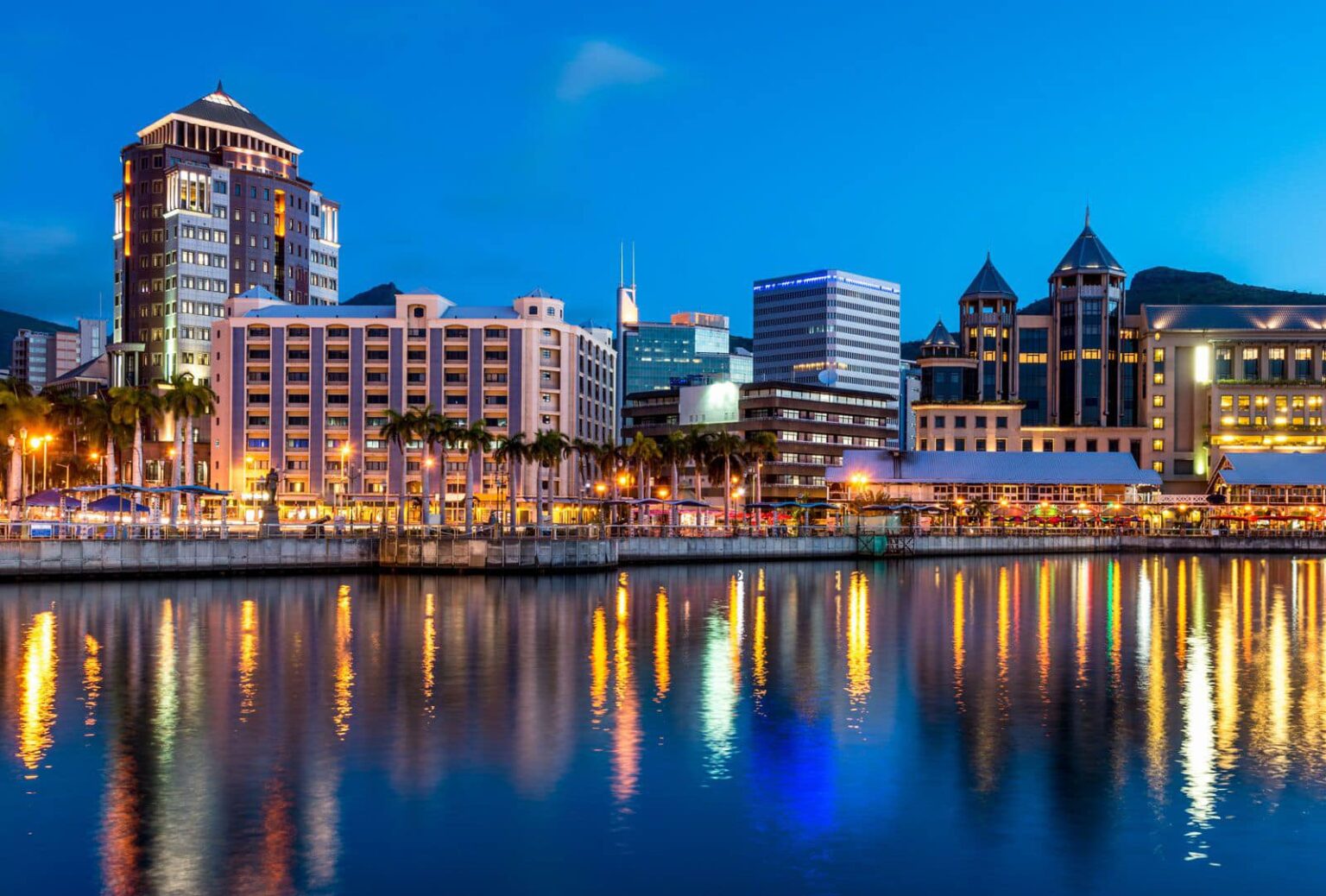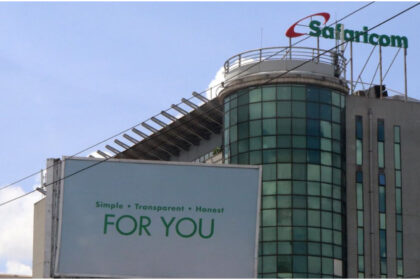At a Glance
- Seychelles has the highest GDP per capita in Africa at $17,879, driven by tourism and offshore services.
- Mauritius ranks second with a GDP per capita of $11,417, benefiting from a diversified economy and robust tourism.
- Gabon, with a GDP per capita of $8,420, relies heavily on oil and is pushing for economic diversification.
Africa is home to some of the world’s fastest-growing economies, with nations like Egypt, South Africa, Nigeria, Algeria, Morocco, and Ethiopia ranking among the world’s top 60 by gross domestic product (GDP). These powerhouses even outperform several European countries. But how do these impressive GDP numbers translate to the wealth and well-being of their citizens?
To answer this question, we explore the African countries with the richest citizens, using GDP per capita as a key measure.
While personal wealth metrics like median income or the Gini coefficient (which measures income inequality) offer insights into wealth distribution, GDP per capita provides a broader picture of a country’s average economic prosperity. By dividing a nation’s GDP by its population, this measure allows for a meaningful comparison of living standards across countries.
Take Monaco, for example: With a population of just 36,000, where over 30% of residents are millionaires, it ranks as the world’s wealthiest country by GDP per capita at $240,900. In Africa, Seychelles, a nation of about 120,000 people, holds the title for the richest citizens on the continent, boasting the highest GDP per capita.
Using the latest data from the World Bank, tracked by Shore.Africa, here is a breakdown of the African countries where citizens enjoy the highest average prosperity:
1. Seychelles
GDP Per Capita: $17,879
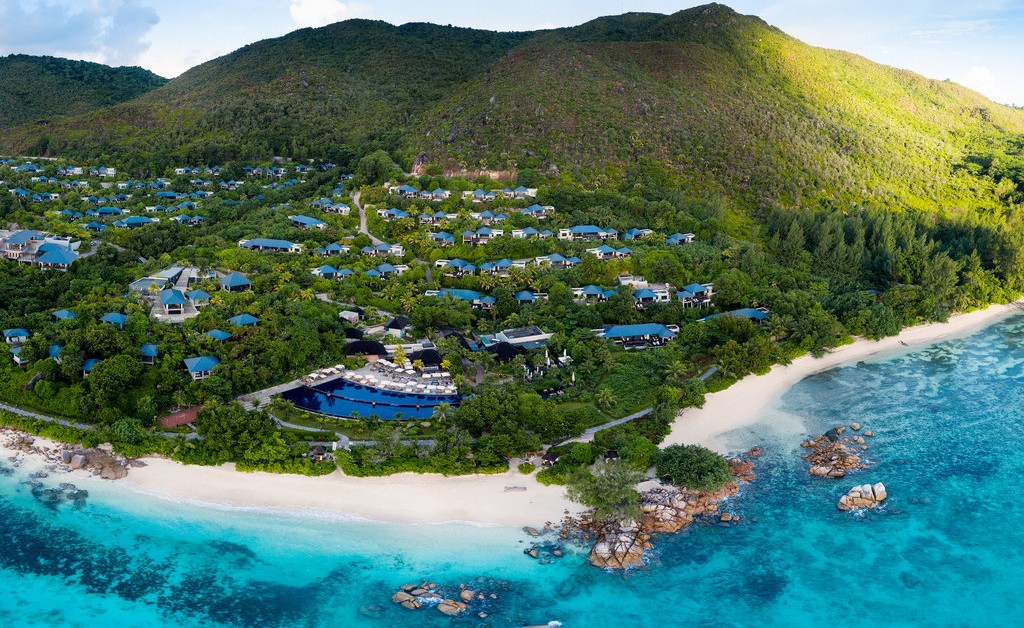
Seychelles ranks as the African country with the richest citizens, boasting a GDP per capita of $17,879. Known for its breathtaking landscapes and crystal-clear waters, the archipelago thrives primarily on tourism, which contributes 46.2% of its GDP and 42% of exports. However, this reliance makes the economy vulnerable to external shocks, such as global travel disruptions. To address this, Seychelles is diversifying into agriculture, fishing, small-scale manufacturing, and offshore financial services. The country also offers the highest minimum gross monthly wage in Africa at $464.76. Despite its high-income status, Seychelles faces challenges related to economic diversification, climate vulnerability, and geographic isolation.
2. Mauritius
GDP Per Capita: $11,417
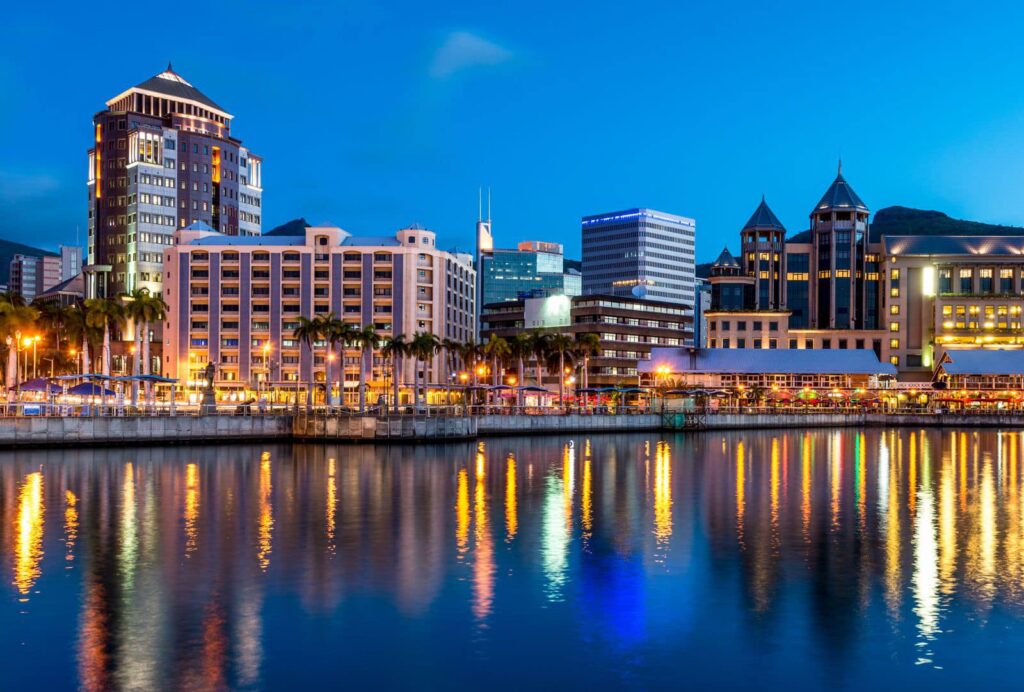
Mauritius follows closely behind Seychelles with a GDP per capita of $11,417. Renowned for its pristine beaches and vibrant tourism industry, the island nation has transformed from a mono-crop economy to a diversified upper-middle-income economy driven by tourism, financial services, manufacturing, and information technology. Tourism receipts alone grew by 21% annually over the past two decades. Mauritius is also notable for its gross monthly minimum wage of $239.30, ranking fifth in Africa. With ambitious plans to achieve high-income status within the next decade, Mauritius is cementing its position among Africa’s wealthiest nations.
3. Gabon
GDP Per Capita: $8,420
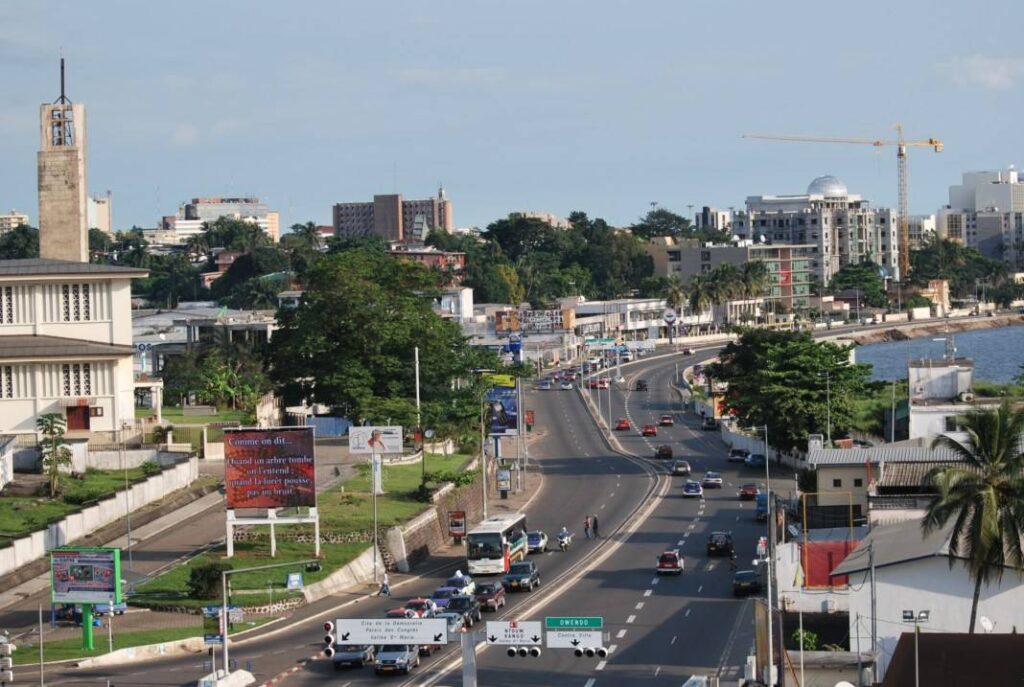
Gabon ranks third on the list, with a GDP per capita of $8,420. Rich in oil, manganese, and timber, the country’s resource wealth places it among Africa’s upper-middle-income economies. Petroleum accounts for 50% of GDP and 80% of exports, making Gabon the fifth-largest oil producer on the continent. However, heavy reliance on oil has left much of the population living in poverty, with 35% below the poverty line. To ensure sustainable growth, the government is pushing economic diversification into agriculture, tourism, and mining. The country’s gross minimum wage stands at $240, reinforcing its status among Africa’s nations with the richest citizens.
4. Libya
GDP Per Capita: $7,330
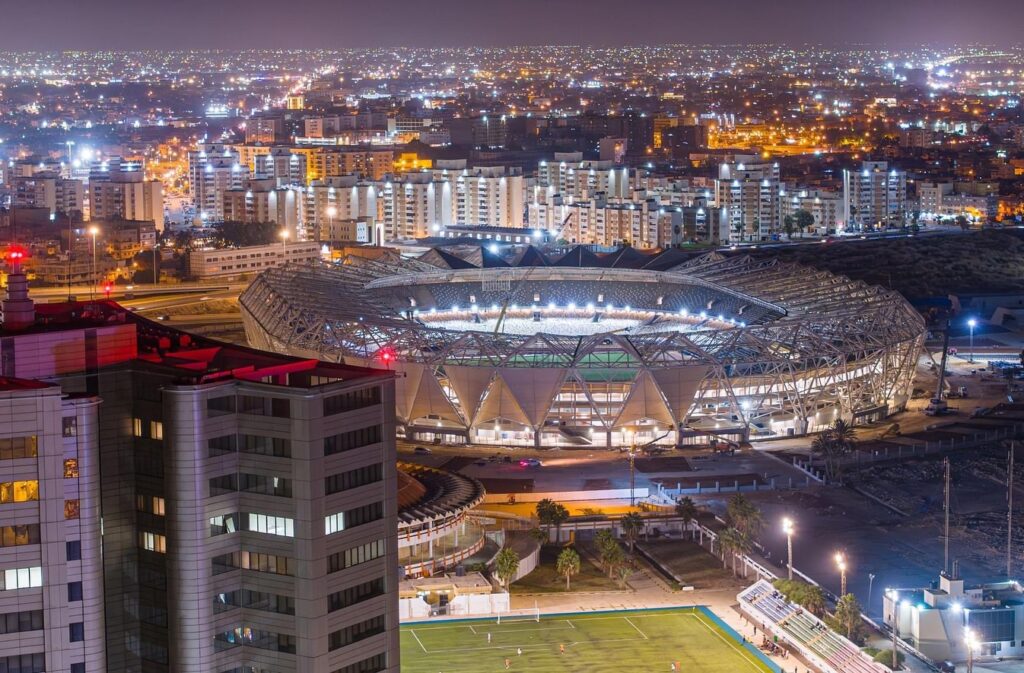
Despite years of political instability, Libya ranks fourth, with a GDP per capita of $7,330. Its economy is heavily reliant on oil and gas, which account for 68% of GDP and over 90% of exports. The country experienced economic highs in the early 2000s, followed by sharp contractions due to civil wars. However, recent growth of 12.6% in 2023, fueled by stable oil production and improved security, has boosted Libya’s recovery. While unemployment remains high, Libya’s rich natural resources keep its citizens among the wealthiest in Africa.
5. Botswana
GDP Per Capita: $7,249
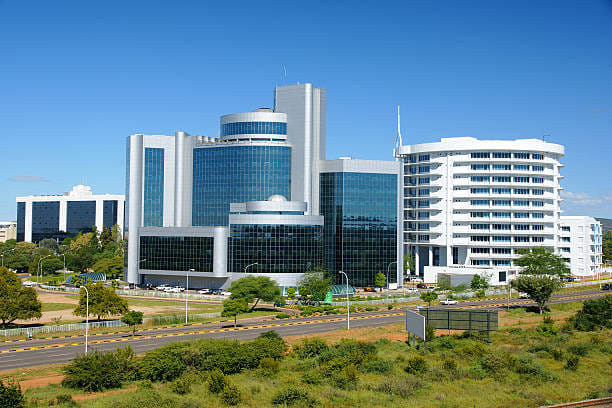
Botswana, with a GDP per capita of $7,249, secures fifth place among African countries with the richest citizens. The nation’s economic growth, driven by diamond wealth and strong institutions, has averaged 5% annually over the past decade. Although an upper-middle-income country, Botswana faces challenges with inequality and unemployment, which reached 27.6% in early 2024. Efforts are underway to address these disparities while maintaining its impressive economic trajectory.
6. Equatorial Guinea
GDP Per Capita: $7,066
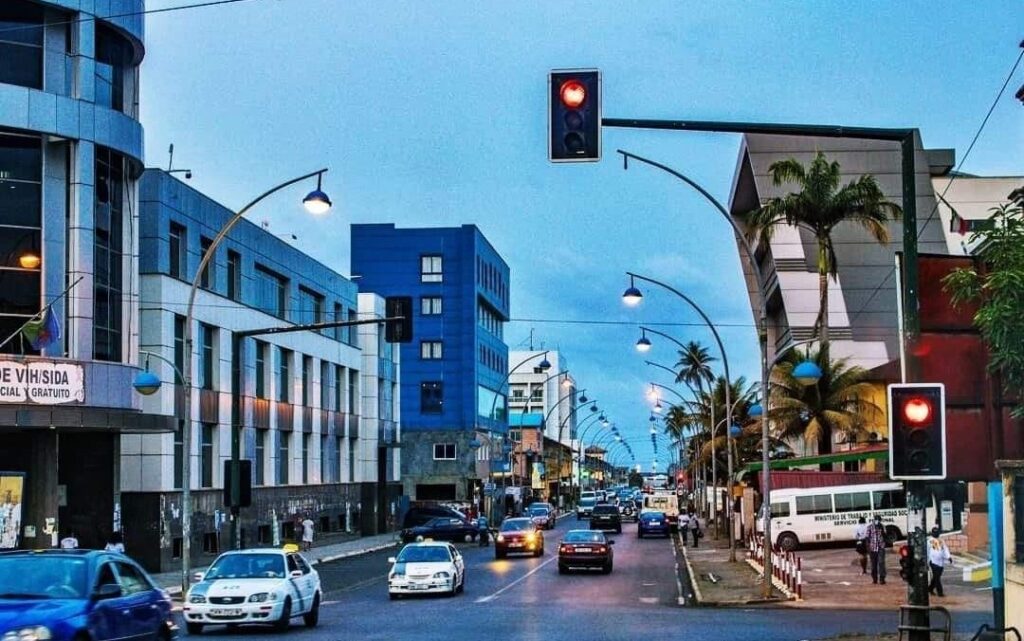
Equatorial Guinea’s GDP per capita of $7,066 places it sixth on the list. The discovery of significant oil reserves in the 1980s transformed the country into one of Africa’s upper-middle-income economies. However, declining oil production and lack of diversification have led to economic contraction. The government is pursuing reforms to stabilize the economy and improve living standards. Despite its wealth, Equatorial Guinea faces challenges with low life expectancy and ranks poorly on the Human Development Index at 133rd globally.
7. South Africa
GDP Per Capita: $6,253
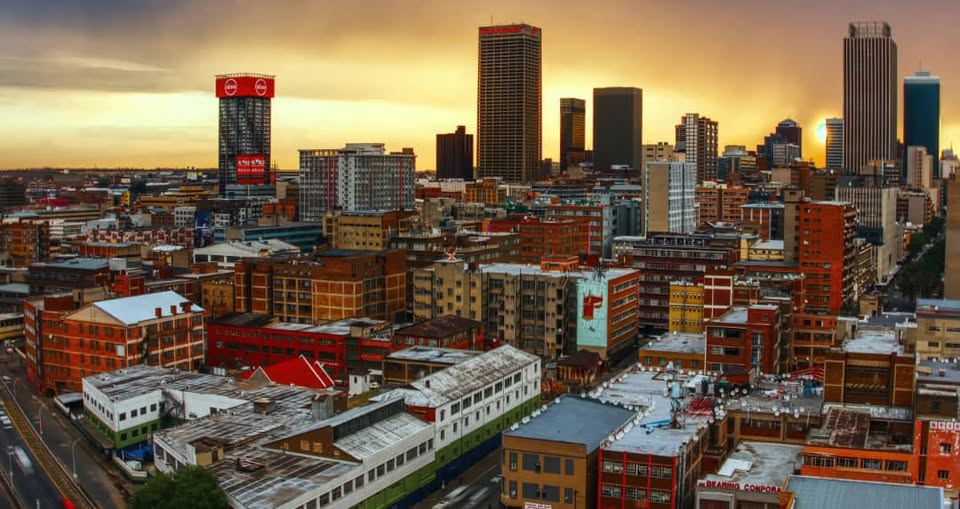
South Africa, with a GDP per capita of $6,253, completes the list of African countries with the richest citizens. As the continent’s most industrialized economy, it benefits from robust sectors such as mining, manufacturing, and financial services. South Africa’s diverse economy also supports a high minimum monthly wage of $248, ranking third in Africa. However, persistent issues like inequality and unemployment remain significant challenges despite the country’s wealth.

